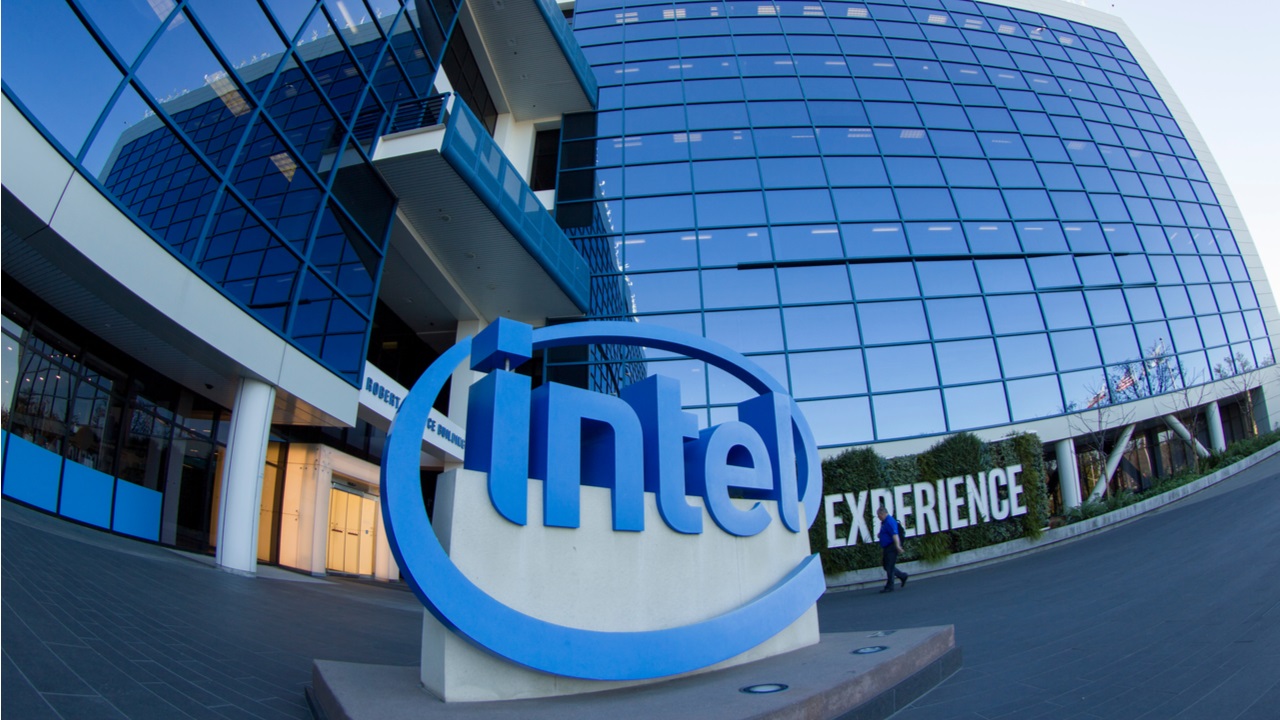
The National Securities Market Commission in Spain issued warnings on 11 entities for not being registered for investment services.
Regulators around the world continue to keep the pressure fresh on crypto businesses. Spain’s National Securities Market Commission (CNMV) is the latest to issue a warning on several crypto- and financial market-related businesses for unregistered services.
According to the official document, CNMV has issued warnings on 11 entities on Aug. 16 for not being registered in the corresponding registry of the commission. The listed entities, which include major crypto trading platforms such as Huobi and Bybit, are not authorized to provide investment services within Spain.
CNMV’s consulting page states that only registered companies have the authorization to provide services related to securities. While the securities watchdog does not have the authority to directly ban an entity from operating in the country, CNMV can appeal to the court. A November report from Crypto Company Guide in Spain revealed about 120 crypto companies are already registered and operating in Spain.
Spain established a rather friendly environment for crypto frims last year. As Cointelegraph en Español summarized, the Committee on Economic Affairs and Digital Transformation approved a law to create a sandbox for financial technologies.
Speaking to Cointelegraph, University of Seville Professor Ismael Santiago said that the sandbox would favor “the creation of new value-added jobs, technological development and economic competitiveness.”
Related: New Spanish bill aims to enable mortgage payments in crypto
More recently, the Spanish Socialist Workers’ Party introduced a non-law proposition to launch a national digital currency in a response to the European Central Bank’s experiments with the digital euro.
The proposal states that a national digital currency would enable higher liquidity if a monetary expansion is necessary. It allows a more direct mechanism by injecting liquidity directly into current accounts and thus transferring it immediately and without intermediaries.











